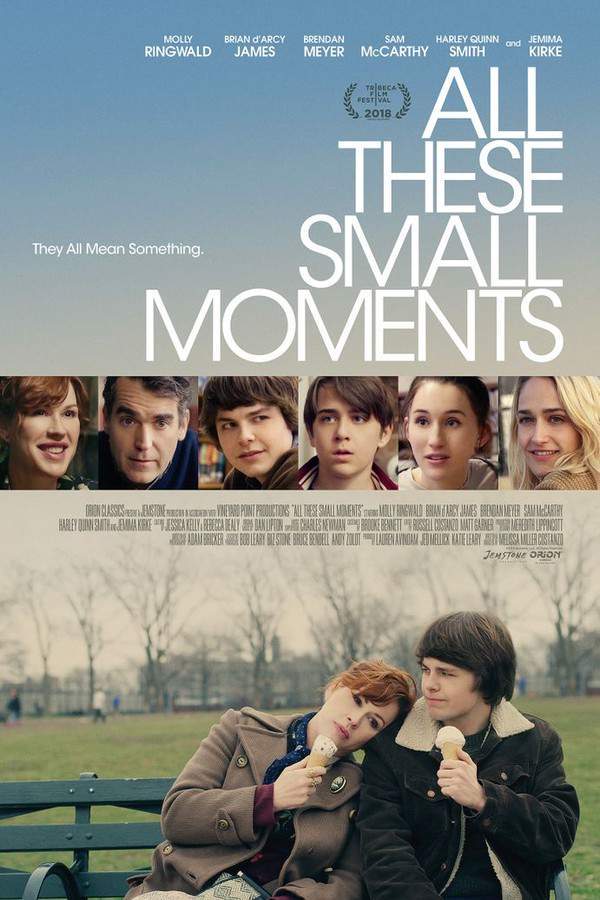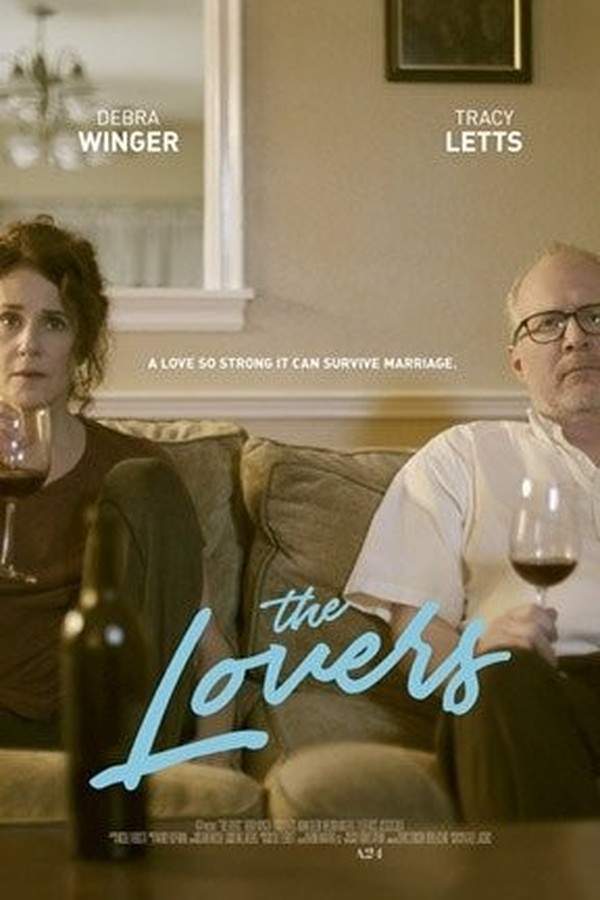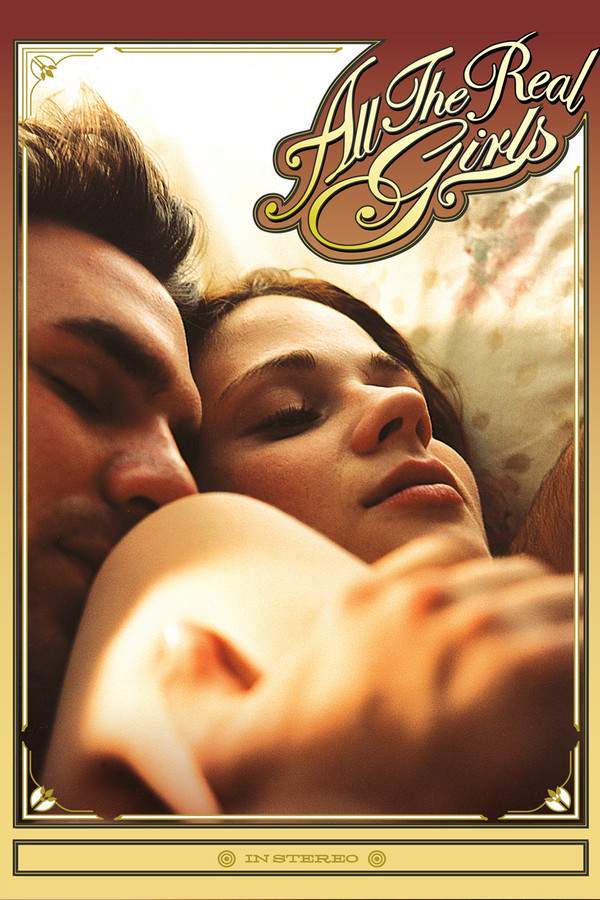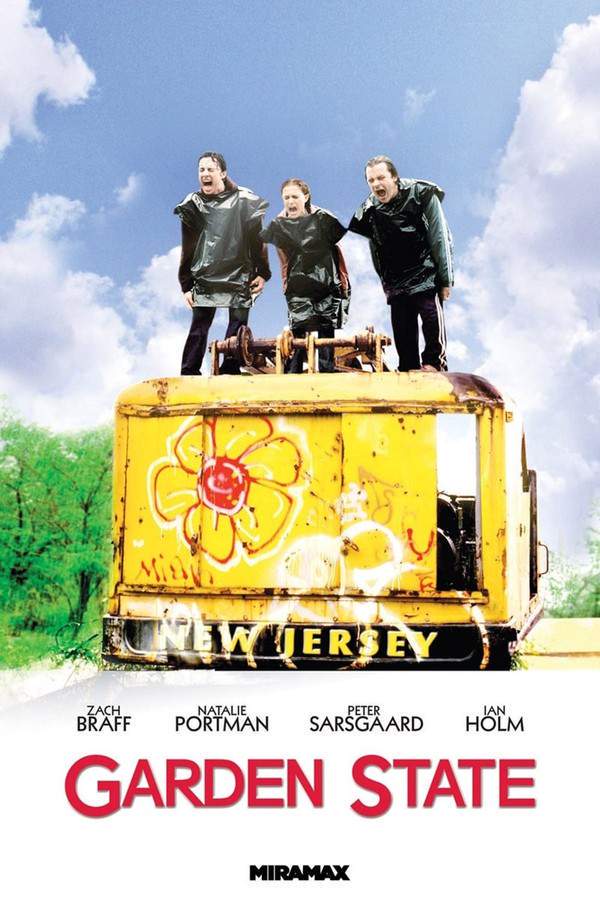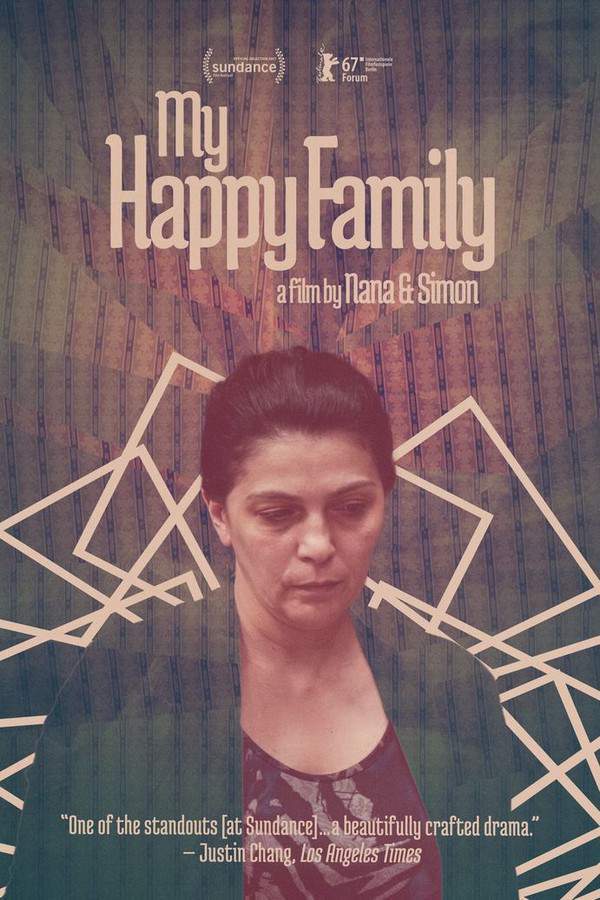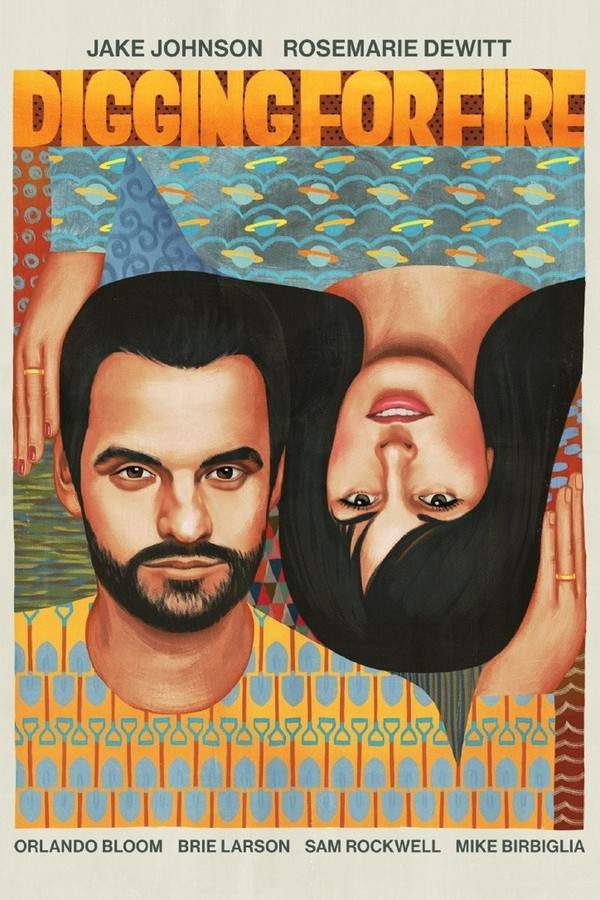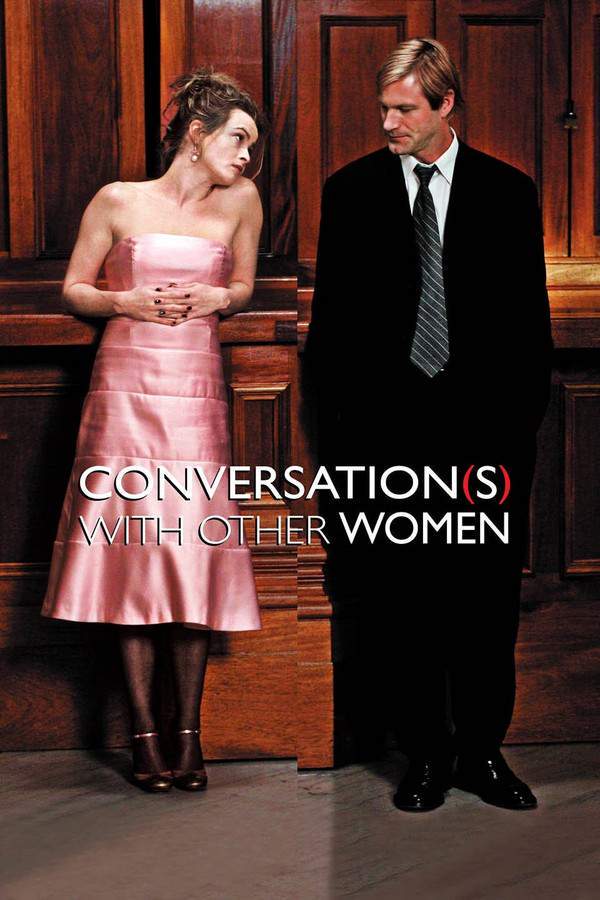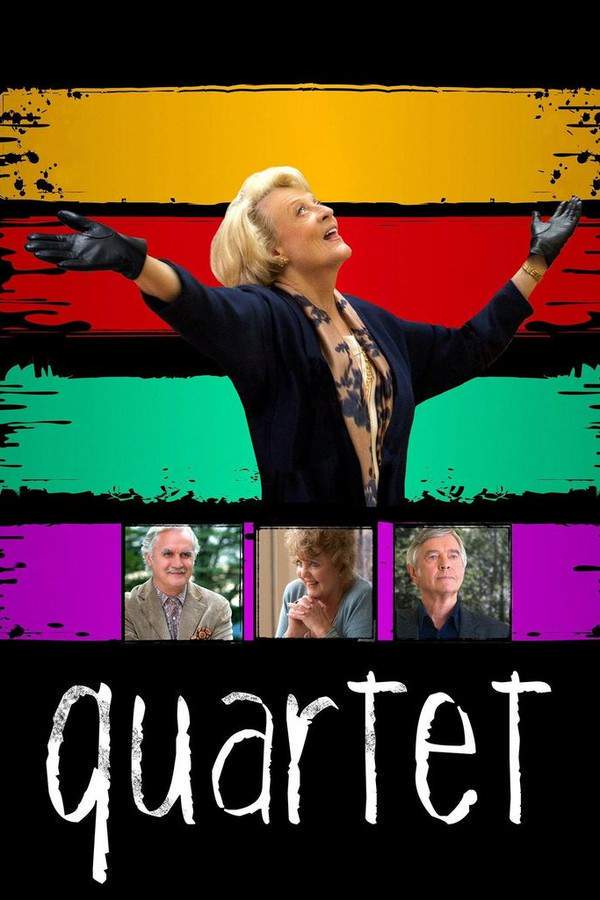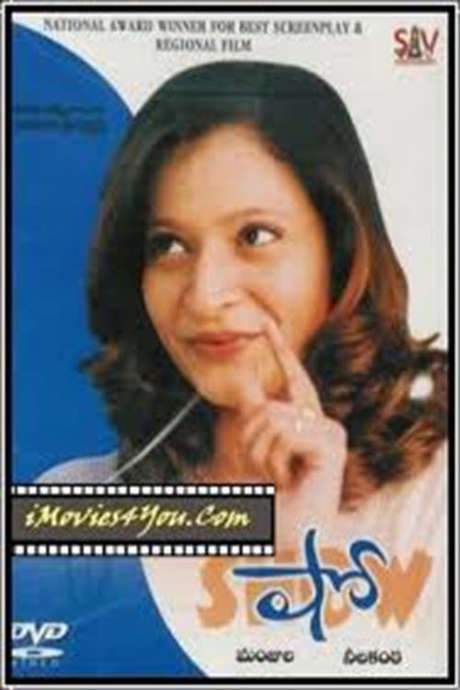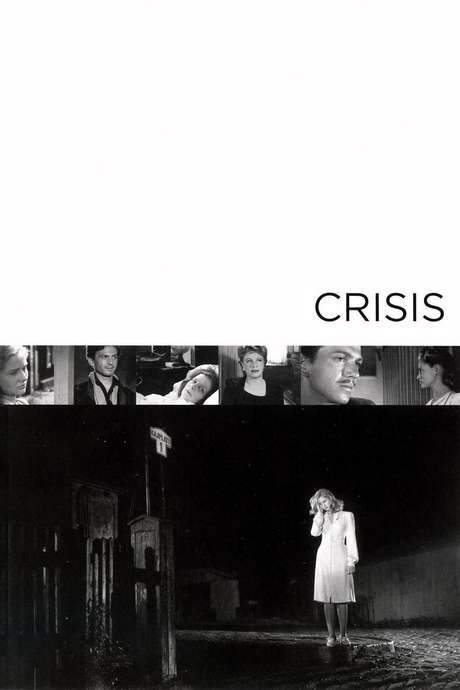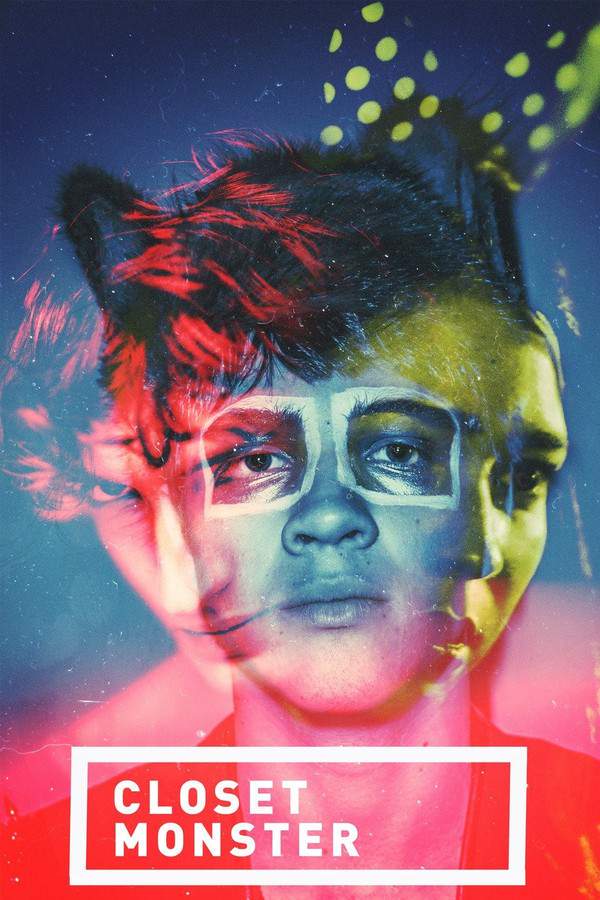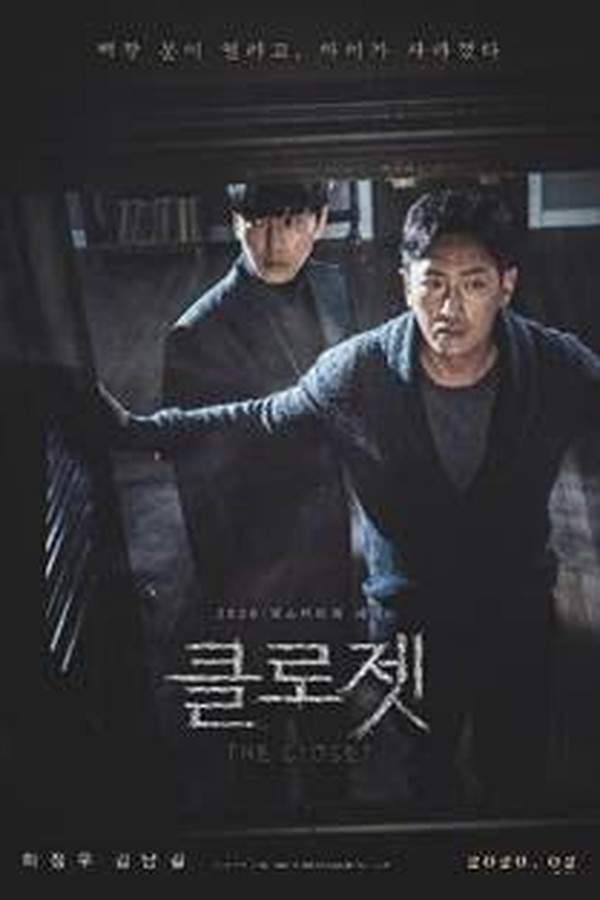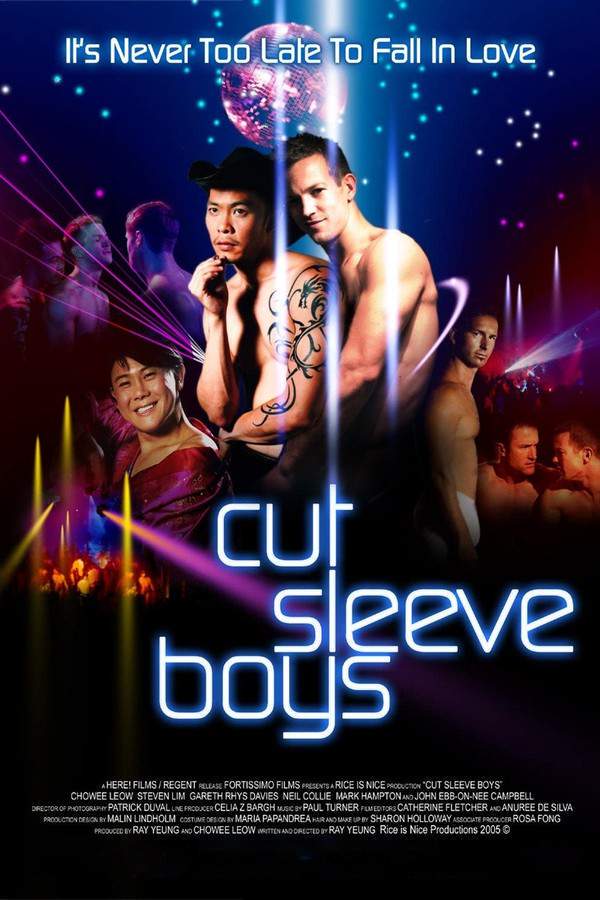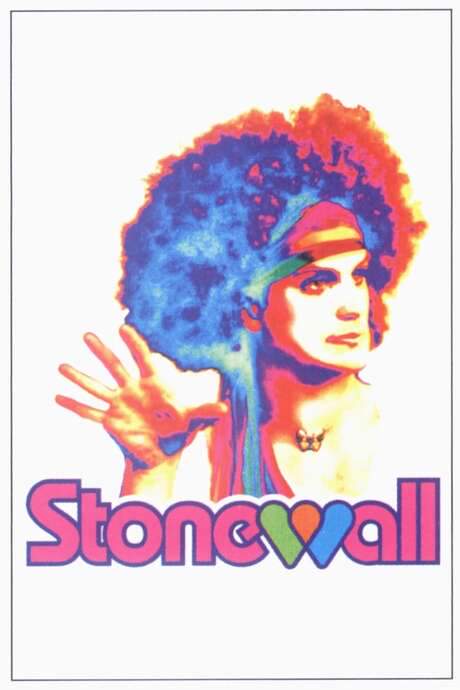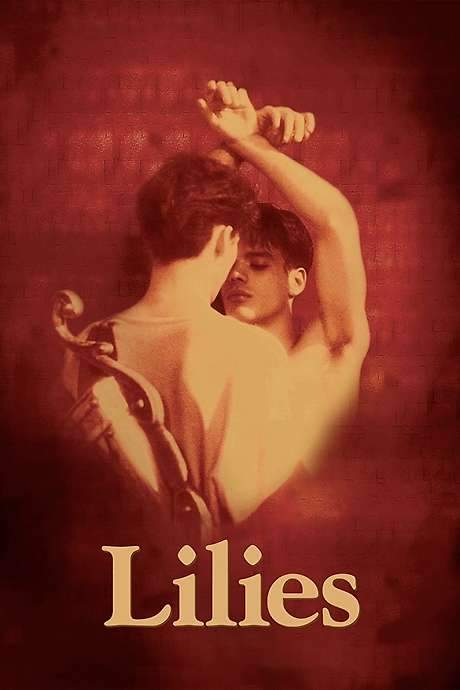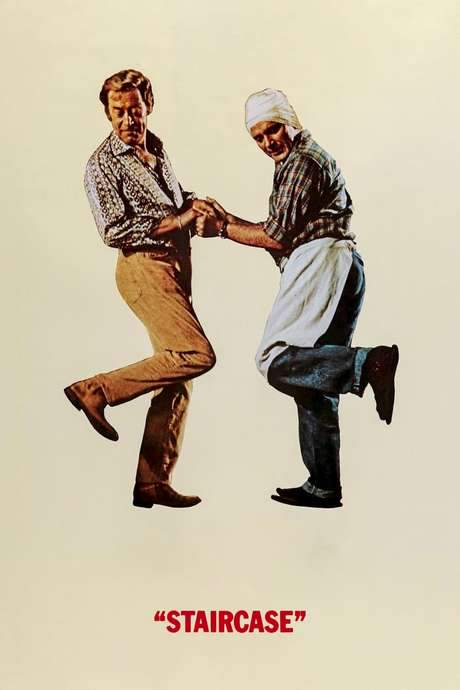
Staircase
Year: 1969
Runtime: 96 mins
Language: English
Director: Stanley Donen
An aging gay couple runs a barber shop in London’s East End. One partner, a part‑time actor, faces a trial for allegedly propositioning a police officer. Over one night they reminisce about their tender yet volatile shared past and contemplate a uncertain future apart, offering a bittersweet portrait of love and loss.
Warning: spoilers below!
Haven’t seen Staircase yet? This summary contains major spoilers. Bookmark the page, watch the movie, and come back for the full breakdown. If you're ready, scroll on and relive the story!
Timeline & Setting – Staircase (1969)
Explore the full timeline and setting of Staircase (1969). Follow every major event in chronological order and see how the environment shapes the story, characters, and dramatic tension.
Last Updated: October 04, 2025 at 18:41
Main Characters – Staircase (1969)
Meet the key characters of Staircase (1969), with detailed profiles, motivations, and roles in the plot. Understand their emotional journeys and what they reveal about the film’s deeper themes.
Last Updated: October 04, 2025 at 18:41
Major Themes – Staircase (1969)
Explore the central themes of Staircase (1969), from psychological, social, and emotional dimensions to philosophical messages. Understand what the film is really saying beneath the surface.
Last Updated: October 04, 2025 at 18:41
Explore Movie Threads
Discover curated groups of movies connected by mood, themes, and story style. Browse collections built around emotion, atmosphere, and narrative focus to easily find films that match what you feel like watching right now.
Intimate relationship dramas like Staircase
Stories that explore the tender complexities and weathered affection of enduring partnerships.Discover movies like Staircase that focus on the intricate, bittersweet dynamics of long-term partnerships. If you appreciated the tender yet volatile portrait of an aging gay couple, you'll find similar emotional depth and nuanced character studies in these films about love, commitment, and the weight of shared history.
Narrative Summary
Narratives in this thread often unfold over a confined timeframe, using dialogue-heavy scenes and reminiscence to explore the layers of a shared life. The central conflict is typically internal to the relationship, driven by external pressures, personal regrets, or the simple, daunting challenge of navigating a future together.
Why These Movies?
Movies are grouped here for their shared focus on the bittersweet reality of long-term intimacy, their slow, character-driven pacing, and their ability to find both warmth and strain within a single relationship. They share a mood that is tender, contemplative, and intimately melancholic.
Movies about quiet personal crises like Staircase
Personal turmoil unfolds in intimate settings, where conversation carries the weight of drama.Explore films similar to Staircase where a looming external threat forces a couple to confront their past and future in one tense night. These movies use a confined setting and heavy dialogue to build emotional tension, focusing on the quiet drama of domestic life under pressure.
Narrative Summary
The narrative pattern involves a confined timeframe (often a single night or day) and a limited setting where characters are forced to confront a pressing external issue. The plot is secondary to the emotional revelations and character dynamics that unfold through extended, charged conversations, often revisiting the past to understand the present crisis.
Why These Movies?
This thread connects films through their use of a confined setting and limited timeframe to amplify emotional stakes. They share a slow, deliberate pacing that allows for deep character exploration, a medium intensity derived from high personal stakes, and a mood that is anxious, intimate, and contemplative.
Unlock the Full Story of Staircase
Don't stop at just watching — explore Staircase in full detail. From the complete plot summary and scene-by-scene timeline to character breakdowns, thematic analysis, and a deep dive into the ending — every page helps you truly understand what Staircase is all about. Plus, discover what's next after the movie.
Staircase Summary
Read a complete plot summary of Staircase, including all key story points, character arcs, and turning points. This in-depth recap is ideal for understanding the narrative structure or reviewing what happened in the movie.

Staircase Timeline
Track the full timeline of Staircase with every major event arranged chronologically. Perfect for decoding non-linear storytelling, flashbacks, or parallel narratives with a clear scene-by-scene breakdown.

Staircase Spoiler-Free Summary
Get a quick, spoiler-free overview of Staircase that covers the main plot points and key details without revealing any major twists or spoilers. Perfect for those who want to know what to expect before diving in.

More About Staircase
Visit What's After the Movie to explore more about Staircase: box office results, cast and crew info, production details, post-credit scenes, and external links — all in one place for movie fans and researchers.

Similar Movies to Staircase
Discover movies like Staircase that share similar genres, themes, and storytelling elements. Whether you’re drawn to the atmosphere, character arcs, or plot structure, these curated recommendations will help you explore more films you’ll love.
Explore More About Movie Staircase
Staircase (1969) Plot Summary & Movie Recap
Staircase (1969) Scene-by-Scene Movie Timeline
Staircase (1969) Spoiler-Free Summary & Key Flow
Movies Like Staircase – Similar Titles You’ll Enjoy
Closet Monster (2016) Full Movie Breakdown
The Closet (2001) Full Movie Breakdown
Cut Sleeve Boys (2007) Complete Plot Breakdown
The Story of the Stone (2018) Full Movie Breakdown
Forgive and Forget (2000) Full Movie Breakdown
Get Your Stuff (2000) Detailed Story Recap
The Line of Beauty (1000) Ending Explained & Film Insights
Davy and Stu (2006) Detailed Story Recap
Another Love Story (1986) Full Movie Breakdown
Torch Song Trilogy (1988) Movie Recap & Themes
Like In The Movies (1000) Plot Summary & Ending Explained
Stonewall (1995) Story Summary & Characters
Lilies (1996) Full Movie Breakdown
Beautiful Thing (1996) Ending Explained & Film Insights
The Trials of Oscar Wilde (1960) Film Overview & Timeline


